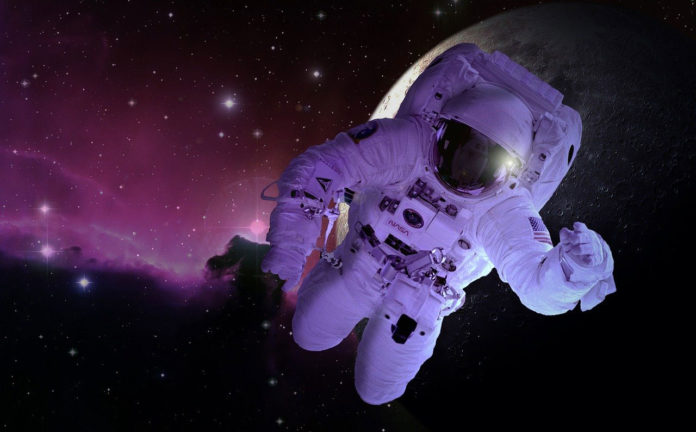Space explorers on long-span spaceflight missions may develop changes in ocular structure and function, which can persist for years after the return to normal gravity.
Past study has suggested that long-duration spaceflight missions impact the vision of astronauts. Through a new study, scientists wanted to determine if any changes in the brain could support this theory.
To consider these impacts and establish a baseline, specialists finished a brain MRI on 11 astronauts, including ten men and one woman, before they traveled to space. Upon their arrival to Earth, astronauts were scanned within several days of landing, and then again at different time face as long as one year postflight.
MRI results demonstrated that microgravity presentation in long-duration spaceflights caused expansions in the astronomers’ rain and cerebrospinal fluid (CSF) volumes, which might raise intracranial pressure. CSF is the fluid that fluids in and around the hollow spaces of the brain and spinal cord.
Kramer said, “The bulk of this expansion is due to white matter and lateral ventricular enlargement. At the one-year postflight mark, these volumes remained elevated, suggesting a permanent change in brain structure.”
Scientists also discovered that most of the astronauts developed deformation of the pituitary gland.
Kramer said, “In a previous retrospective study, we could see that the pituitary gland was abnormal postflight, but this time around we were able to carefully compare preflight and postflight MRI studies and confirm a causal relationship to spaceflight. This was an important finding since acquired deformation of the pituitary gland provided us with indirect evidence of elevated levels of intracranial pressure during spaceflight.”
Co-authors from UTHealth were Khader Hasan, Ph.D., and Roy Riascos, MD. Other co-authors were Michael B. Stenger, Ph.D., with NASA Johnson Space Center; Ashot Sargsyan, MD, Steven S. Laurie, Ph.D., Karina Marshall-Goebel, Ph.D., and Brandon R. Macias, Ph.D., with KBR; Christian Otto, MD, MMSc, from Memorial Sloan-Kettering Cancer Center; and Robert J. Ploutz-Snyder, Ph.D., PStat, with the University of Michigan.
Journal Reference:
- Intracranial Effects of Microgravity: A Prospective Longitudinal MRI Study. DOI: 10.1148/radiol.2020191413
